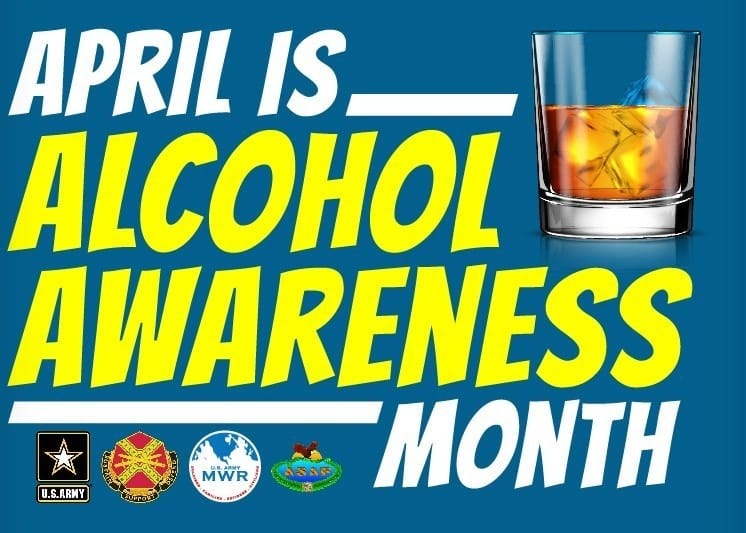The alcohol industry has long been a significant part of many societies, contributing to cultural practices, social gatherings, and economic growth. However, the recent warning from the U.S. Surgeon General about the increased risk of cancer associated with alcohol consumption has reignited discussions about the need for stricter regulations within this industry. Despite the urgency of these warnings, implementing effective regulations is a complicated endeavor fraught with numerous challenges.
One of the primary obstacles in regulating the alcohol industry is the deeply entrenched cultural acceptance of alcohol consumption. In many societies, drinking is not only a common social activity but also a rite of passage and a way to celebrate significant life events. This cultural normalization of alcohol can create resistance to regulatory measures, as individuals may perceive such regulations as an infringement on personal freedoms and lifestyle choices. The challenge lies in balancing public health concerns with respect for individual autonomy, as well as recognizing the cultural significance that alcohol holds for many people.
Furthermore, the economic implications of regulating the alcohol industry cannot be overlooked. The alcohol sector is a major contributor to local and national economies, providing jobs, generating tax revenue, and supporting various ancillary businesses such as hospitality and entertainment. Policymakers must consider the potential economic fallout of strict regulations, which could lead to job losses and reduced tax income. This economic perspective often complicates the dialogue around regulation, as stakeholders from the industry may lobby against measures that they perceive as threatening their financial interests.
Additionally, the alcohol industry has a well-established presence in the political landscape, often employing lobbying efforts to influence legislation in its favor. The resources available to the alcohol industry allow it to engage in significant political advocacy, which can undermine regulatory efforts. This influence can manifest in various ways, including funding campaigns for political candidates who support the industry’s interests or opposing legislation that aims to impose restrictions on alcohol sales and marketing. As a result, policymakers may find themselves caught between public health advocacy and the political pressure exerted by the alcohol industry.
Another challenge lies in the complexity of existing regulations surrounding alcohol. The regulatory framework for alcohol varies widely across different jurisdictions, with some regions having stringent controls while others maintain a more lenient approach. This patchwork of regulations can create confusion among consumers and businesses alike, making it difficult to implement comprehensive changes. Inconsistencies in enforcement and compliance can also hinder the effectiveness of any new regulations aimed at addressing the health risks associated with alcohol consumption.
Public awareness and education play a crucial role in the effectiveness of alcohol regulations. While the Surgeon General’s warning has brought attention to the health risks of alcohol, ongoing public education efforts are necessary to foster a deeper understanding of these risks. However, the effectiveness of such educational campaigns can be limited by the pervasive marketing strategies employed by the alcohol industry. Alcohol brands often invest heavily in advertising and promotions, which can overshadow public health messages and contribute to a culture that normalizes excessive drinking.
Moreover, the stigma surrounding alcohol use can complicate discussions about regulation and health. Many individuals may be reluctant to acknowledge their alcohol consumption as a potential health risk, leading to a lack of engagement with public health initiatives. This stigma can also affect how individuals respond to regulatory measures, as they may view them as punitive rather than protective. Addressing this stigma is essential for fostering a more informed public discourse on alcohol consumption and its associated risks.
In conclusion, the task of regulating the alcohol industry in light of the Surgeon General’s cancer warning is a multifaceted challenge that encompasses cultural, economic, political, and social dimensions. Policymakers must navigate these complexities to develop effective regulations that prioritize public health while considering the cultural significance of alcohol and the economic ramifications of regulation. As the conversation around alcohol consumption continues to evolve, it is crucial for stakeholders to engage in collaborative efforts to address the health risks associated with alcohol while respecting individual choices and societal norms.


